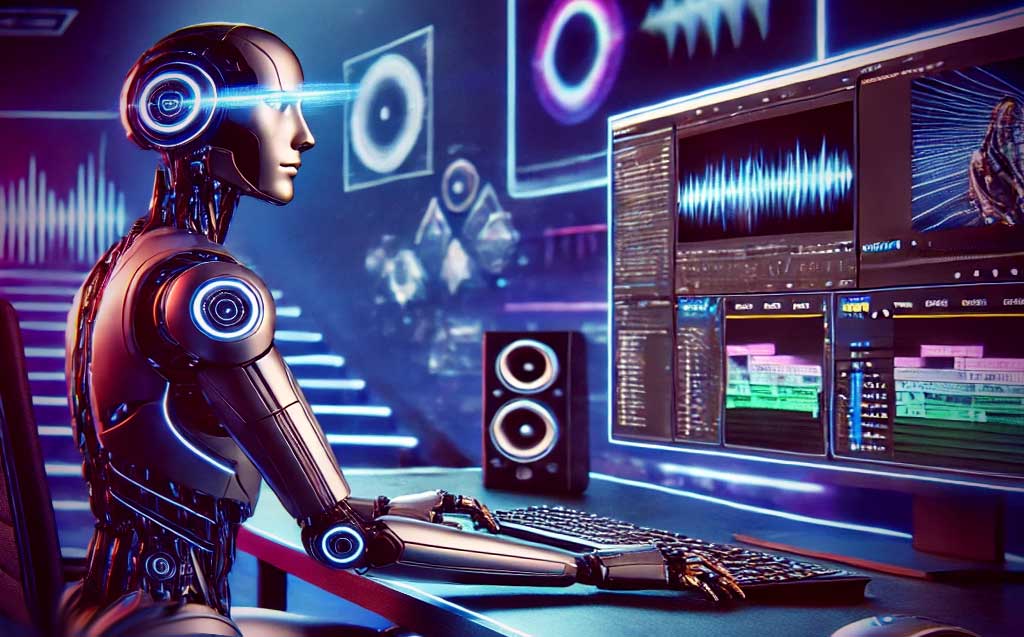Meta has introduced a groundbreaking tool, Movie Gen, designed to create high-quality videos with accompanying sound, all powered by artificial intelligence. This announcement comes after the release of similar technologies by rivals, such as OpenAI’s video generation model, though Movie Gen is not yet available to the public.
The tool allows users to generate new videos based on text descriptions or enhance existing media, including both still images and video clips. According to The New York Times, the audio accompanying the AI-generated visuals—whether ambient noise, sound effects, or background music—is also crafted by AI, offering a complete multimedia experience. Users can choose different aspect ratios for their content as well.
Beyond creating fresh videos, Movie Gen can modify existing footage by tweaking visual elements. One demonstration involved transforming a simple image of a woman into a video of her relaxing in a pumpkin patch, sipping a drink. The platform’s editing capabilities extend further, allowing users to alter backgrounds, introduce new objects, or even change a video’s style using text commands. For instance, a video showing a running figure was edited multiple times—once with the runner holding pom-poms, another with a desert backdrop, and finally with the character dressed in a dinosaur costume.
Meta’s announcement highlights the rapid evolution of AI in video production. As major players like Google and OpenAI develop their own video generators, the field is becoming increasingly competitive. OpenAI’s Sora model, introduced earlier this year, has yet to reach the public, and one of its co-leads recently left for Google, signaling further movement in the sector.
Despite the advancements, Meta’s Chief Product Officer Chris Cox emphasized that Movie Gen is not ready for commercial release due to the high cost and lengthy generation times. Additionally, concerns over intellectual property and ethical considerations have grown, especially with reports that certain AI models, like Runaway’s, were trained using unlicensed YouTube content. Meta, however, states that Movie Gen was developed using a mix of licensed and publicly available datasets, though specifics were not disclosed.
The rise of AI tools like Movie Gen has sparked concern within the creative industries, with many fearing the impact on jobs and creative integrity. These anxieties were central to the strikes led by SAG-AFTRA and the WGA, as artists, filmmakers, and writers continue to debate the implications of AI on their livelihoods.
